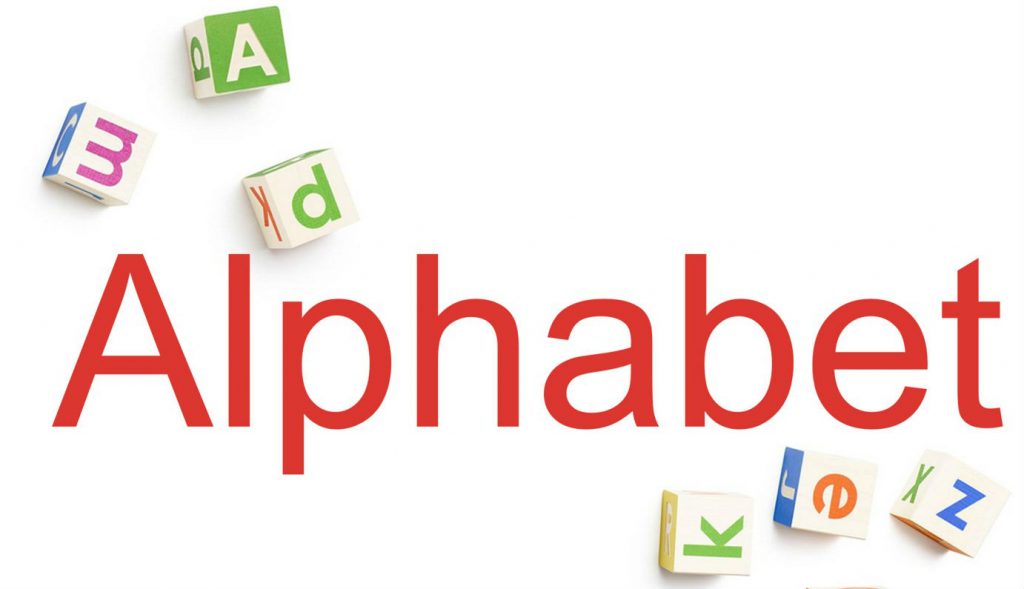
Alphabet, the parent company of Google, is expected to officially reach a trillion-dollar valuation in February 2020.
Investors Put $18.5B in AI, Alphabet to Hit Trillion-Dollar Landmark
The National Venture Capital Association reported that 1,356 AI-related companies in the U.S. raised $18.457 billion in 2019, more than ever in the past, even though overal venture capital investment was down, according to a venturebeat.com story. The appetite for investing in AI is still strong, and may continue apace for established companies.
In 2018, the 1,281 AI companies raised $16.8 billion, according to the Q4 2019 PitchBook-NVCA Venture Monitor.
Last year, three AI-related companies reached a $1 trillion valuation⏤starting with Apple, followed by Amazon and Microsoft⏤and this year Google parent company Alphabet is expected to hit that golden number in market valuation in its first quarter 2020 report on February 3, according to a story on theverge.com.
While institutional investment in AI may be dropping off for start-ups, it appears that individual investors may still be bullish on large AI-related companies. U.S. News & World Report’s investment reporter John Divine lauds 10 AI stocks, for instance, because of expectations of strength and growth. He says the trillion-dollar companies all relied on AI to get there. Here is his list:
- Nvidia (semiconductor company)
- Alphabet (Google)
- Salesforce (CRM)
- Amazon (online sales)
- Microsoft (cloud computing & technology)
- Baidu (China’s leading search engine)
- Intel Corp. (semiconductor company)
- Twilio (AI)
- Facebook (social media, etc.)
- Tencent (China’s social media, AI, etc.)
Among those, most investors may be least acquanted with Twilio, which U.S. News describes as:
“…Twilio – which offers cloud-based application programming interfaces (APIs) allowing developers to build voice, video and messaging features into their apps – still remains a wildly popular, useful and fast-growing service.”
Microsoft, one of the best known companies, is expected to partner with OpenAI, making it more valuable as a future investment:
“Anyone who wants a slice should own the top AI companies today – and that means owning MSFT, one of the few tech giants not currently being targeted by U.S. regulators.”







Leave A Comment